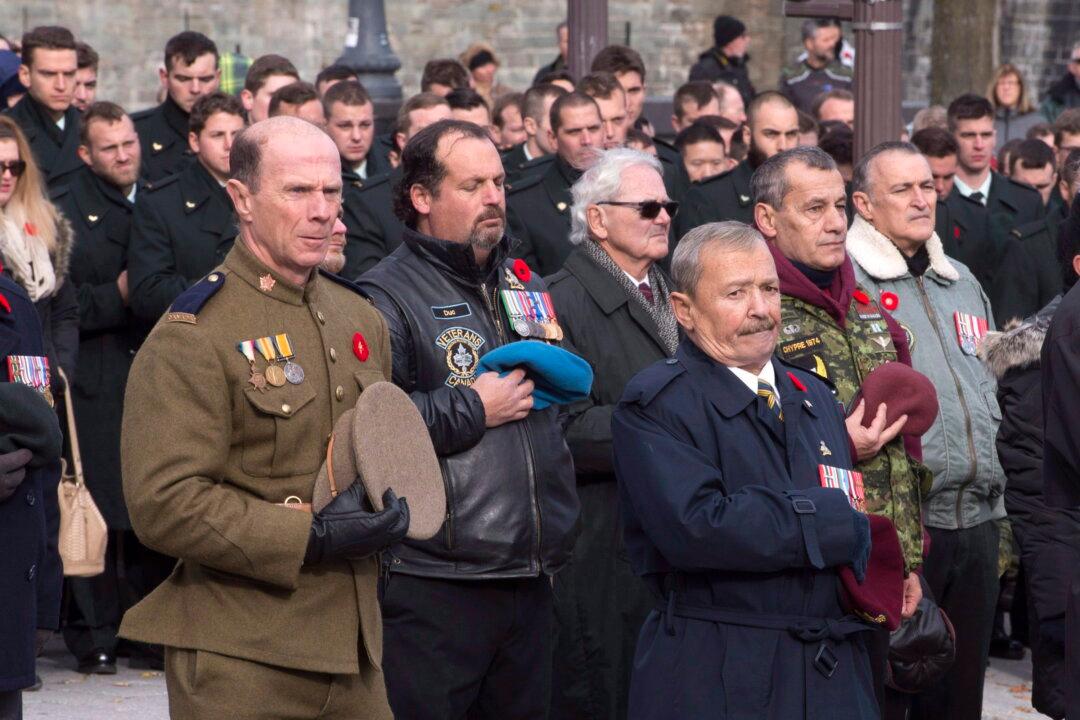Serving military chaplains say a new directive preventing them from leading religious prayer during official functions is causing consternation in the ranks, and is due to the “woke mentality” taking over their organization.
On Oct. 11, a month before Remembrance Day, one of the most important military ceremonies, the Office of the Chaplain General issued a new policy that replaces public prayer with non-religious “spiritual reflections.”





